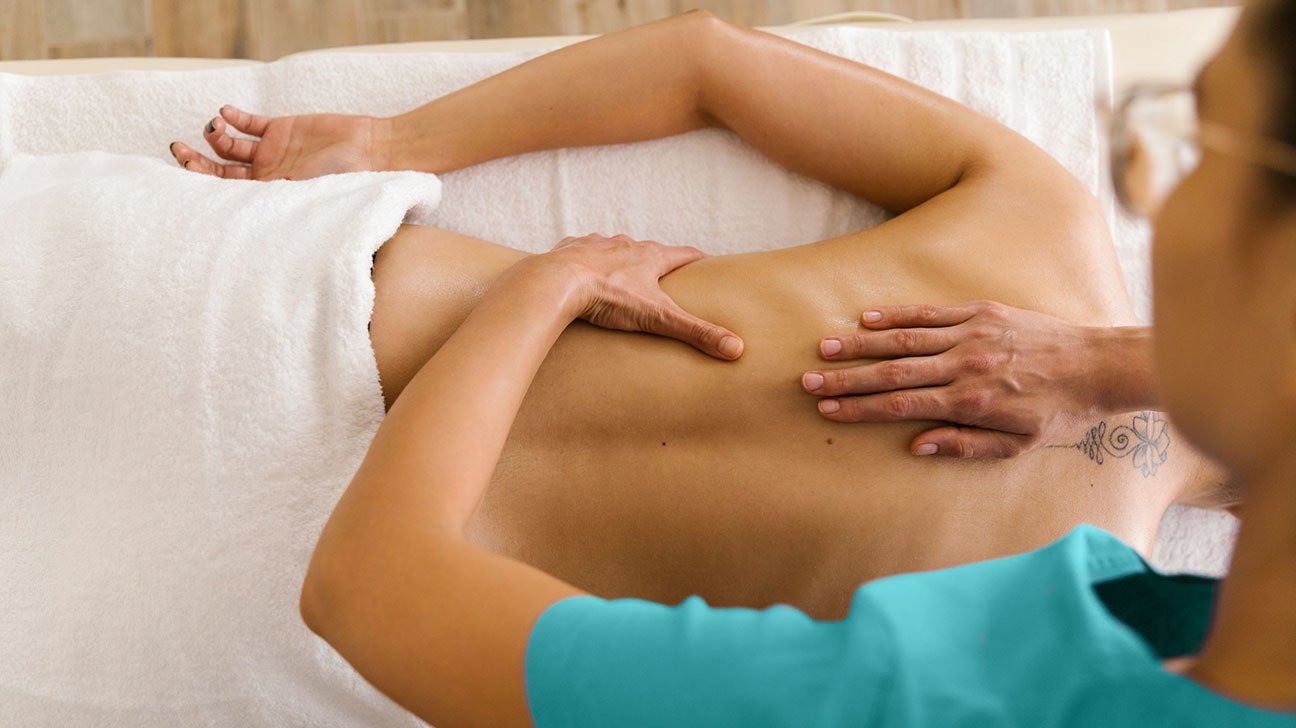
Reflexology, an old recovery practice going back thousands of years, has gotten substantial appeal in recent years as a corresponding therapy for advertising overall well-being. This all natural strategy to health and wellness is based upon the concept that particular points on the feet, ears, and hands correspond to various body organs and systems within the body. By using stress to these factors, practitioners aim to restore and alleviate various ailments balance to the body.
The beginnings of reflexology can be mapped back to old human beings, consisting of Egypt and China. A pictograph located in the tomb of an Egyptian physician, dating around 2330 BC, shows what appears to be a reflexology therapy. Gradually, this practice has progressed and been improved, incorporating components from medical traditions and different societies.
At its core, reflexology operates the belief that the body is interconnected, which promoting specific factors can have significant effects throughout the entire system. Specialists use their hands, mostly their thumbs and fingers, to use stress to these reflex points, often following a particular map of the foot that lays out which locations match to which body components.
Among the key benefits associated to reflexology is stress and anxiety reduction. In our hectic modern-day world, tension has become an ubiquitous issue, adding to a variety of health and wellness problems. Reflexology sessions commonly cause a deep state of relaxation, aiding to relax the worried system and minimize the negative influences of persistent stress and anxiety on the body.
Beyond tension alleviation, proponents of reflexology claim it can aid with a variety of conditions, including:
Migraines and frustrations Digestive concerns Hormonal imbalances Sleep conditions Chronic discomfort Circulation issues While clinical research on reflexology is still recurring, several individuals report considerable improvements in their signs and general well-being after undergoing reflexology therapies. It’s important to keep in mind, nonetheless, that reflexology needs to not be taken into consideration a substitute for conventional healthcare, however rather a corresponding treatment that can function along with traditional treatments.
A typical reflexology session lasts between 30 mins to an hour. During this time, the professional will work on various points of the feet, utilizing different techniques such as thumb or finger backup, walking and hook, and turning on a point. Some experts might also integrate components of massage or various other corresponding therapies right into their sessions.
Among the appealing aspects of reflexology is its non-invasive nature. Unlike several clinical treatments, reflexology does not call for any kind of special tools or medicine, making it an available option for many individuals. Additionally, the methods can be discovered and applied in the house, enabling people to exercise self-care in between expert sessions.
As with 東京 of healing technique, it’s vital to come close to reflexology with an open mind yet likewise with a healthy and balanced dose of hesitation. While many individuals advocate its benefits, it’s constantly advisable to seek advice from a healthcare professional before starting any new therapy routine, specifically if you have pre-existing health and wellness conditions.
In verdict, reflexology uses an one-of-a-kind method to health and wellness and wellness, rooted in ancient knowledge yet constantly evolving with modern-day understanding. Whether you’re looking for remedy for specific signs or just wanting to improve your overall well-being, reflexology provides a gentle, all natural choice worth exploring. As we continue to acknowledge the importance of treating the entire person as opposed to just isolated symptoms, practices like reflexology are likely to play an increasingly considerable duty in our technique to health and wellness and recovery.
Reflexology sessions commonly induce a deep state of relaxation, assisting to calm the anxious system and minimize the negative impacts of chronic anxiety on the body.
In conclusion, reflexology uses a special strategy to wellness and health, rooted in old wisdom yet constantly evolving with contemporary understanding. Whether you’re looking for relief from details signs and symptoms or simply looking to boost your total well-being, reflexology gives a mild, holistic choice worth checking out. As we continue to acknowledge the significance of dealing with the entire person instead than simply isolated signs, methods like reflexology are likely to play a significantly significant role in our technique to health and wellness and recovery.
